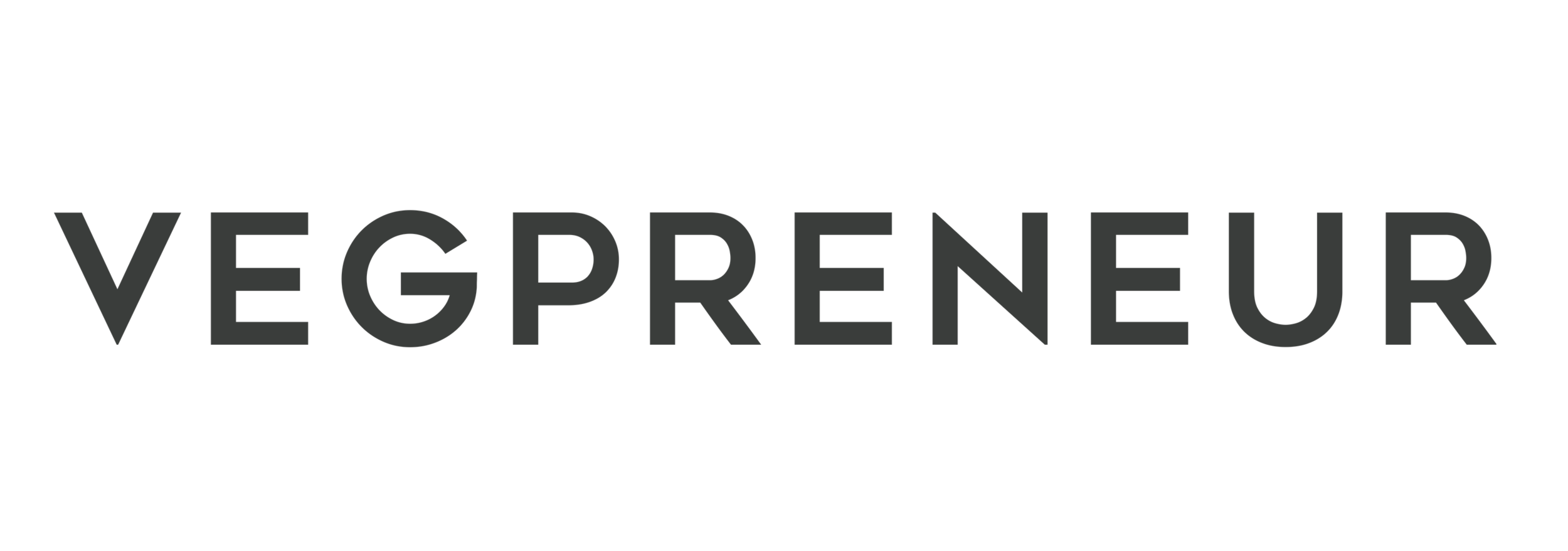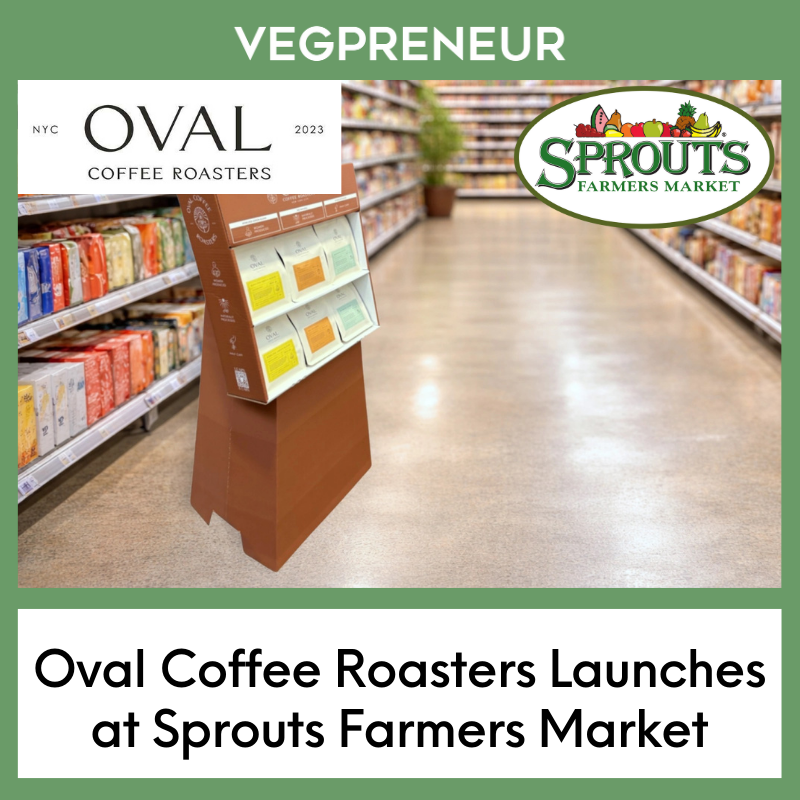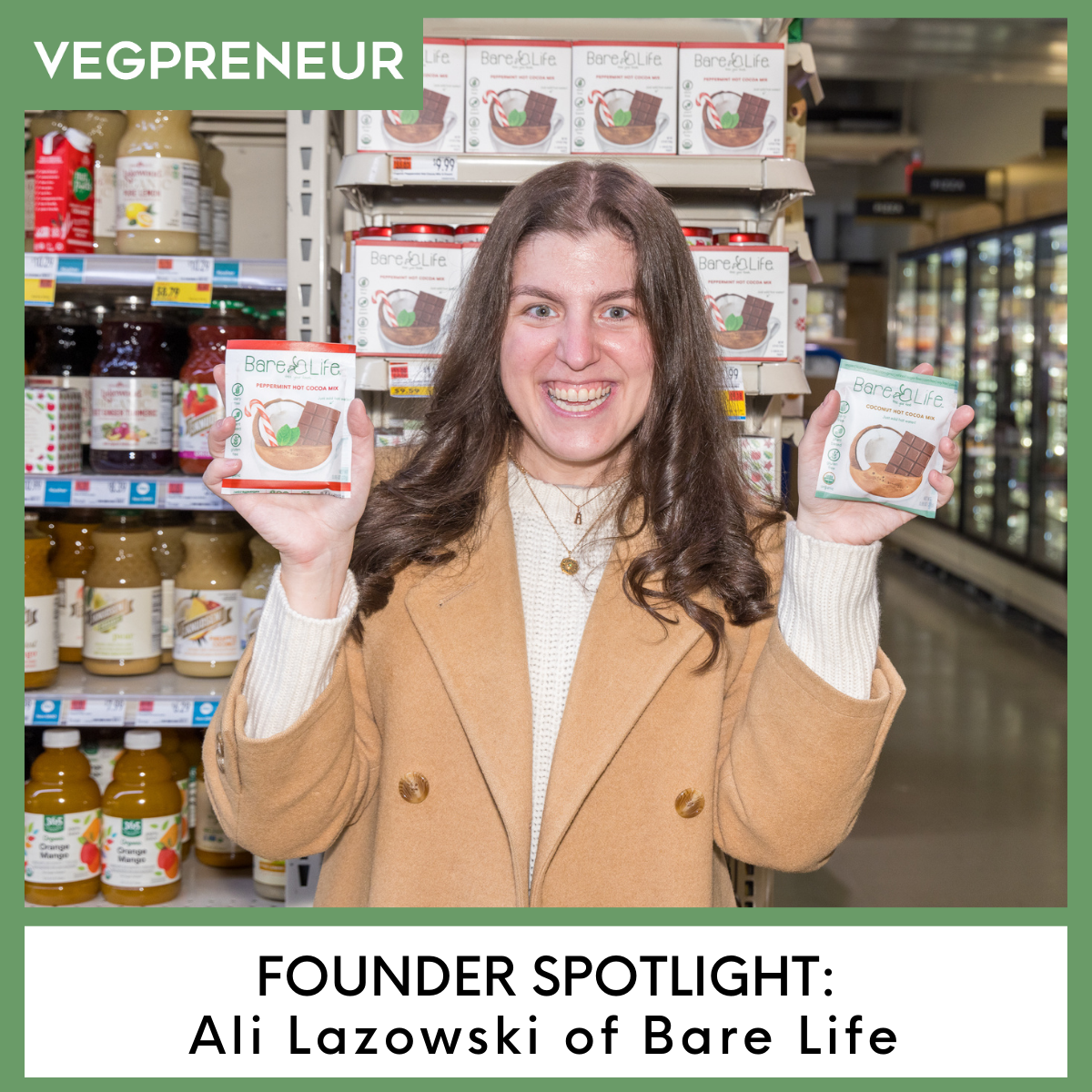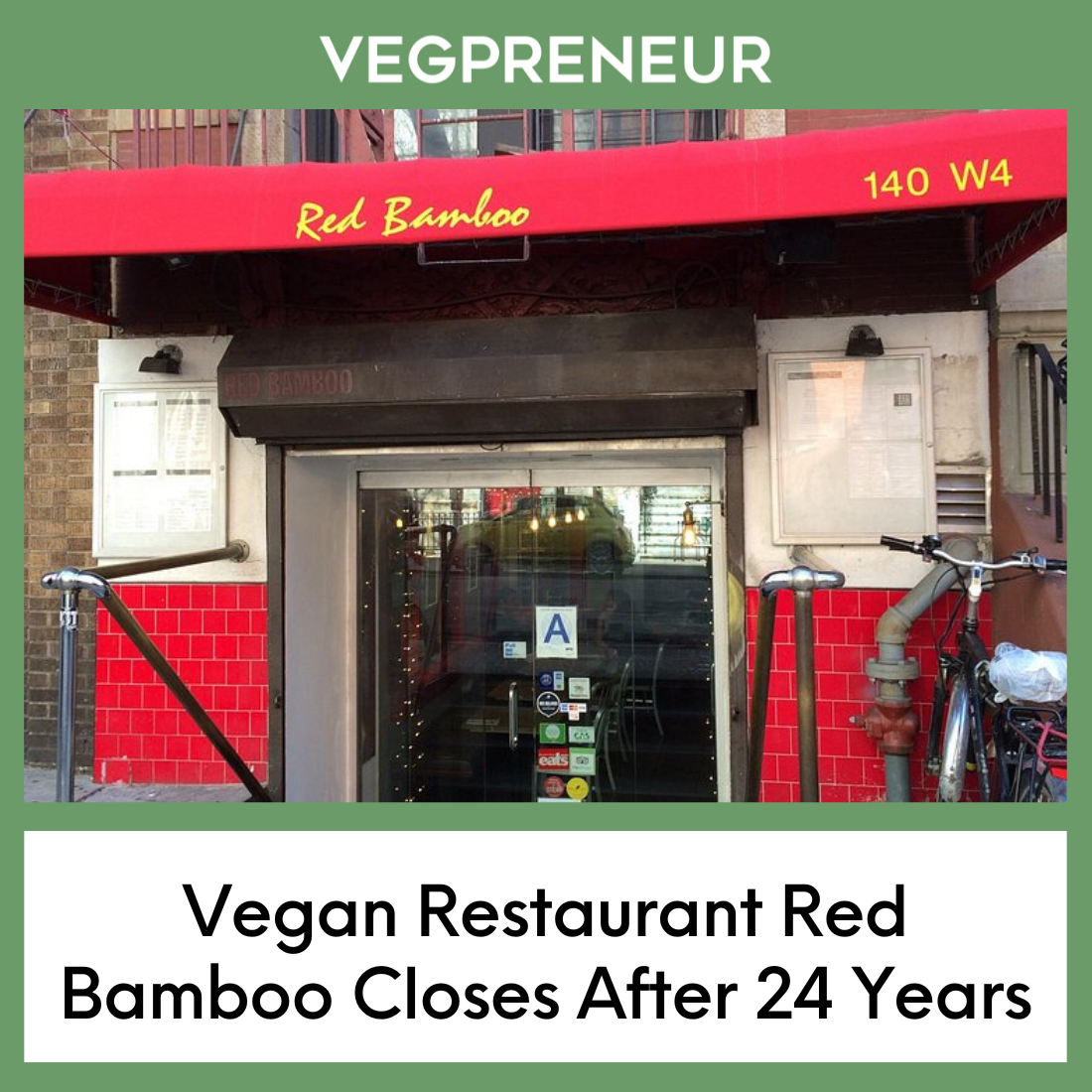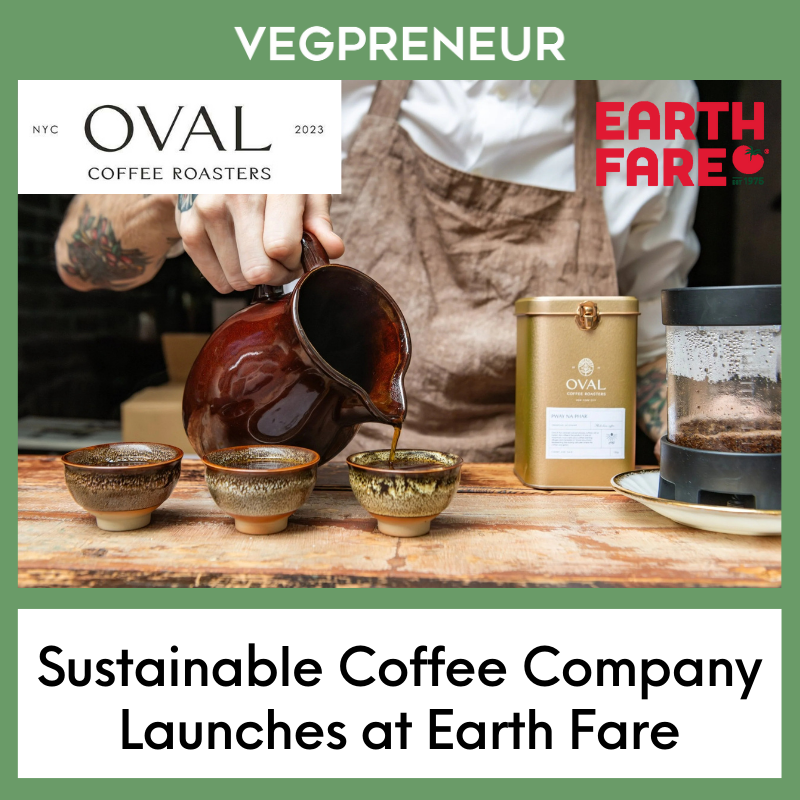Switzerland Bans Animal Names on Vegan Products
Edited by The VEGPRENEUR Team
In a move that could influence food labeling debates across Europe, Switzerland’s Federal Court has ruled against the use of animal-specific names like “chicken” or “pork” for plant-based products, marking a significant setback for Zurich-based alt-protein startup Planted Foods.
The ruling, handed down Friday, sided with the Swiss federal government and overturned a previous decision by Zurich’s Administrative Court, which had supported Planted Foods’ right to use terms such as “planted chicken” or “like pork.” The new decision declares such labels misleading under Swiss and EU-aligned food labeling laws.
Animal Names Are Out — Cooking Styles Still In
While the court banned direct animal references, it upheld the legality of terms describing cooking methods or formats—such as “steak,” “sausage,” “patty,” or “minced.” As a result, product names like “soy sausage,” “lentil steak,” and “plant-based patty” remain allowed, as long as they do not mention animal species.
“The term ‘chicken’ refers to poultry, that is, an animal,” the court wrote in its statement. “A plant-based product which refers to the term ‘chicken’ and does not contain meat is a deception.”
Consumer Confusion at the Center
A majority of the judges emphasized the potential for consumer confusion, especially among flexitarians or those new to plant-based alternatives. The court cited EU legislation as the basis for the ruling and pointed out that food labels must reflect “reality.” In this context, marketing strategies that imply meat equivalence, even through phrases like “like pork,” were found to be legally deceptive.
One judge remarked that terms like “planted chicken” serve more of a branding purpose than an informational one, designed to capture the attention of meat-eaters looking for alternatives. While effective in that sense, the court concluded such phrasing risked misleading shoppers.
Industry Pushback
Planted Foods co-founder Judith Wemmer expressed disappointment at the outcome, calling it politically motivated and misaligned with the government’s broader push toward sustainable, plant-based diets.
“Rather than helping consumers with simple, clear terminology, unnecessary bureaucracy is being created—wasting valuable resources,” Wemmer said in a public statement. She cited consumer research indicating that most shoppers can distinguish plant-based from animal-based products in seconds.
Implications Beyond Switzerland
Although the ruling applies specifically to Switzerland, it reinforces similar trends in the EU, where debates over labeling terms like “almond milk” and “vegan burger” have been ongoing. Given Switzerland’s harmonization with EU food regulations, the decision could embolden stricter interpretations across the continent and prompt reformulations or rebranding by plant-based companies operating in the region.
For brands like Planted Foods, the ruling poses both a challenge and an opportunity to communicate value without leaning on the familiarity of animal terms. The decision is a reminder that language remains one of the most powerful—and contested—tools in the alt-protein movement.
Looking to take your business to the next level?
Become a VEGPRENEUR member today to access industry-leading events, mentors, resources, and a global community of innovators!
